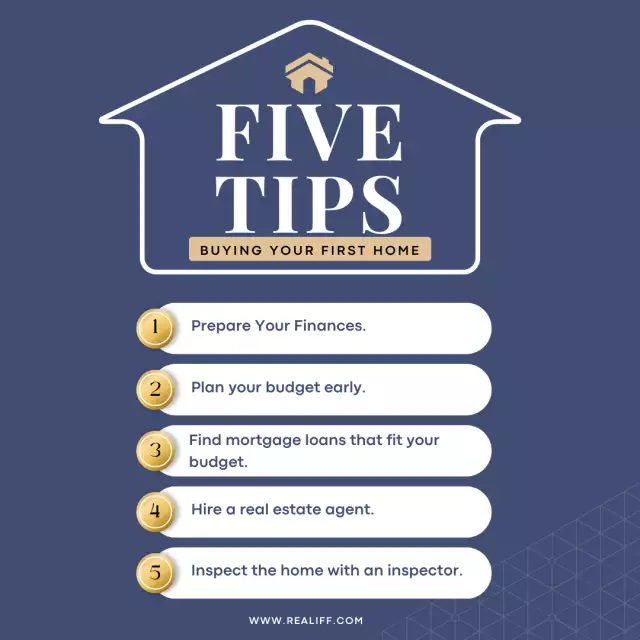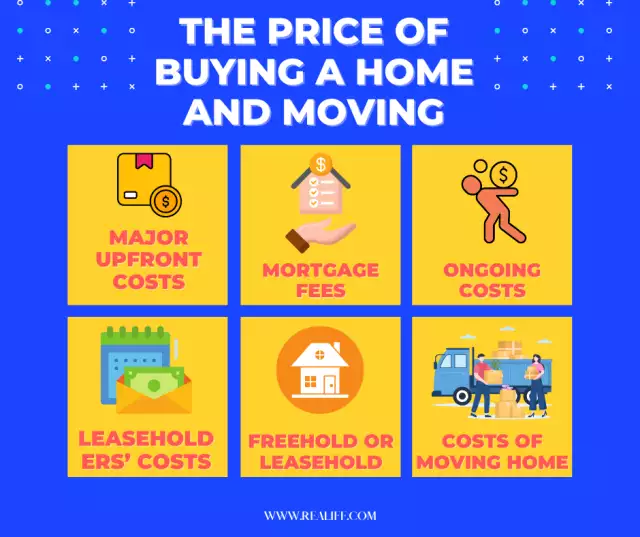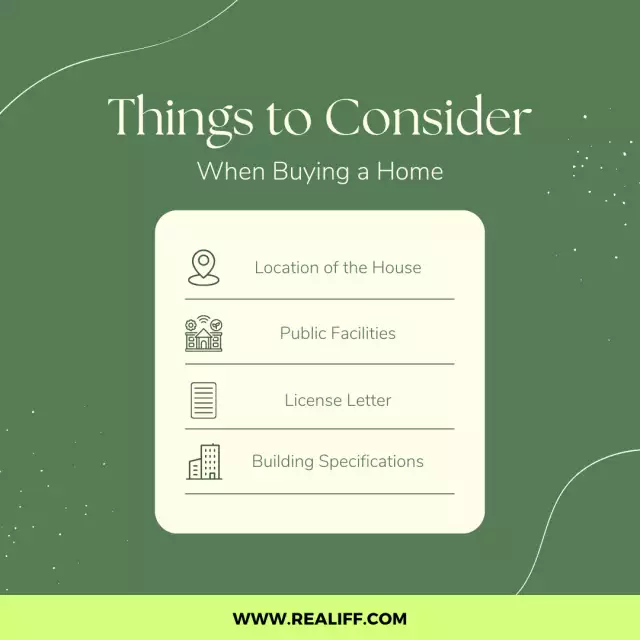A First-Timer's Guide to Home Buying: Insider Tips and Tricks Revealed
Buying a house is a huge step in anyone's life, and as a first-time home buyer, it can be overwhelming and confusing. There's a lot of information out there, and it can be hard to know where to start. In this guide, we'll break down some of the things that they don't tell you about buying a house and share some tips and tricks that I learned along the way.
Pre-Qualification and Pre-Approval
Before you even start looking at houses, it's important to know how much you can afford. This is where pre-qualification and pre-approval come in. Pre-qualification is a quick and easy process where a lender will give you an estimate of how much you can borrow based on your income, debts, and credit score. Pre-approval is a more detailed process where the lender will verify your income and assets and give you a letter that states how much you're approved for.
Saving for a Down Payment
The biggest hurdle for most first-time home buyers is saving for a down payment. The average down payment in the US is around 20% of the purchase price, but there are programs available that allow you to put as little as 3% down. It's important to do your research and find out what programs are available in your area.
The Home Search
Once you have your pre-approval letter, you can start looking at houses. It's important to have a clear idea of what you're looking for in a home, such as the number of bedrooms, bathrooms, and location. Keep in mind that you may not find the perfect house on the first try, so don't be discouraged if you have to look at several houses before finding the right one.
Closing Costs
Closing costs are the fees associated with buying a house, such as title fees, appraisal fees, and legal fees. They can add up quickly, so it's important to factor them into your budget. Ask your lender for a breakdown of the closing costs so you know what to expect.
FAQ
Q: How much money do I need to put down to buy a house? A: The average down payment in the US is around 20% of the purchase price, but there are programs available that allow you to put as little as 3% down. It's important to do your research and find out what programs are available in your area.
Q: Can I buy a house with bad credit? A: It's possible to buy a house with bad credit, but it may be more difficult to get approved for a loan and you may have to pay a higher interest rate. It's important to work on improving your credit score before applying for a loan.
Q: How long does it take to close on a house? A: The closing process can take anywhere from 30 to 45 days, depending on the lender and the state.
Conclusion
Buying a house is a huge step in anyone's life, and as a first-time home buyer, it can be overwhelming and confusing. It's important to do your research, have a clear idea of what you're looking for, and be prepared for the costs associated with buying a house. Remember that it's not as difficult as you may think, and with the right tools and information, you'll be able to find the perfect house for you.
I hope this guide has helped you understand the home buying process a little better and has given you some valuable tips and tricks. If you're saving for your first place, have already bought, or are happy renting, I'd love to hear your thoughts and experiences in the comments. And remember, the most important thing is to be informed and prepared, and to work with a team of professionals who can guide you through the process. Good luck on your home buying journey!






